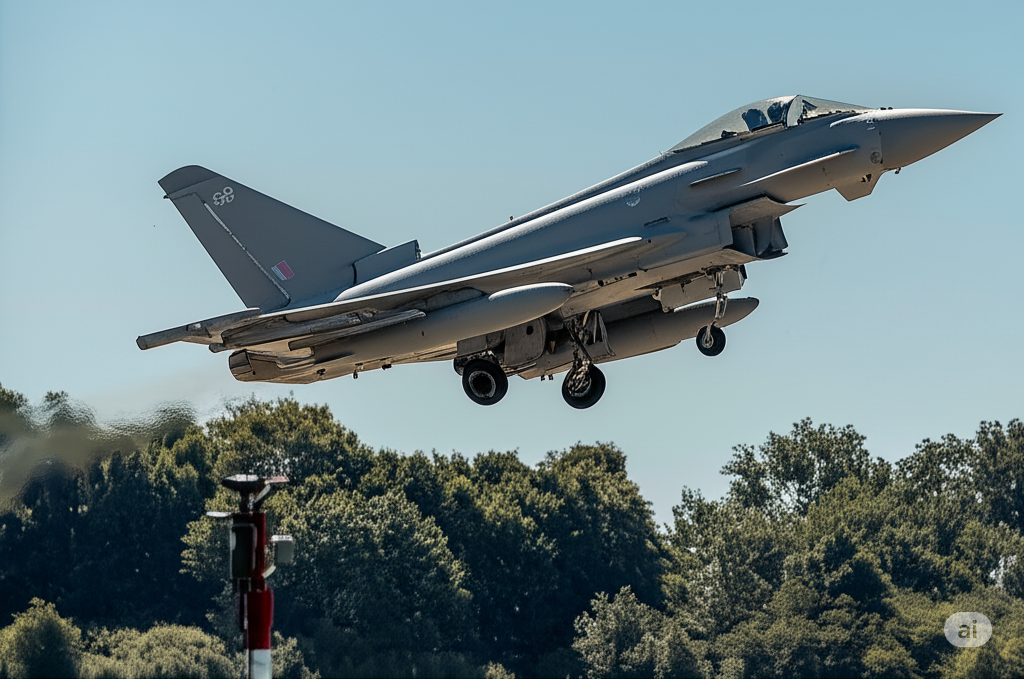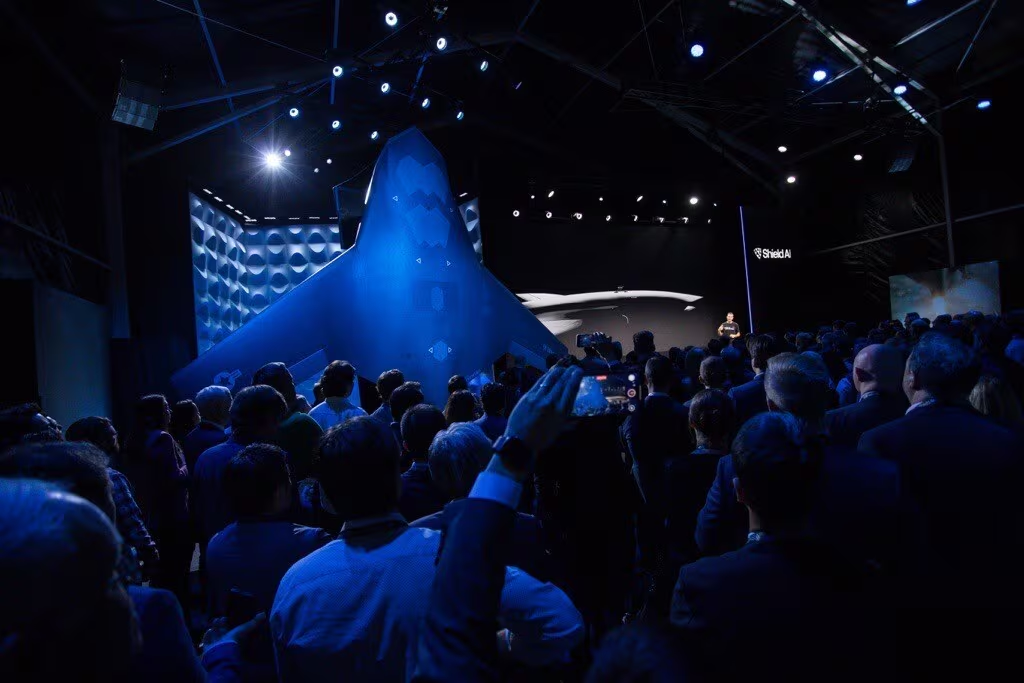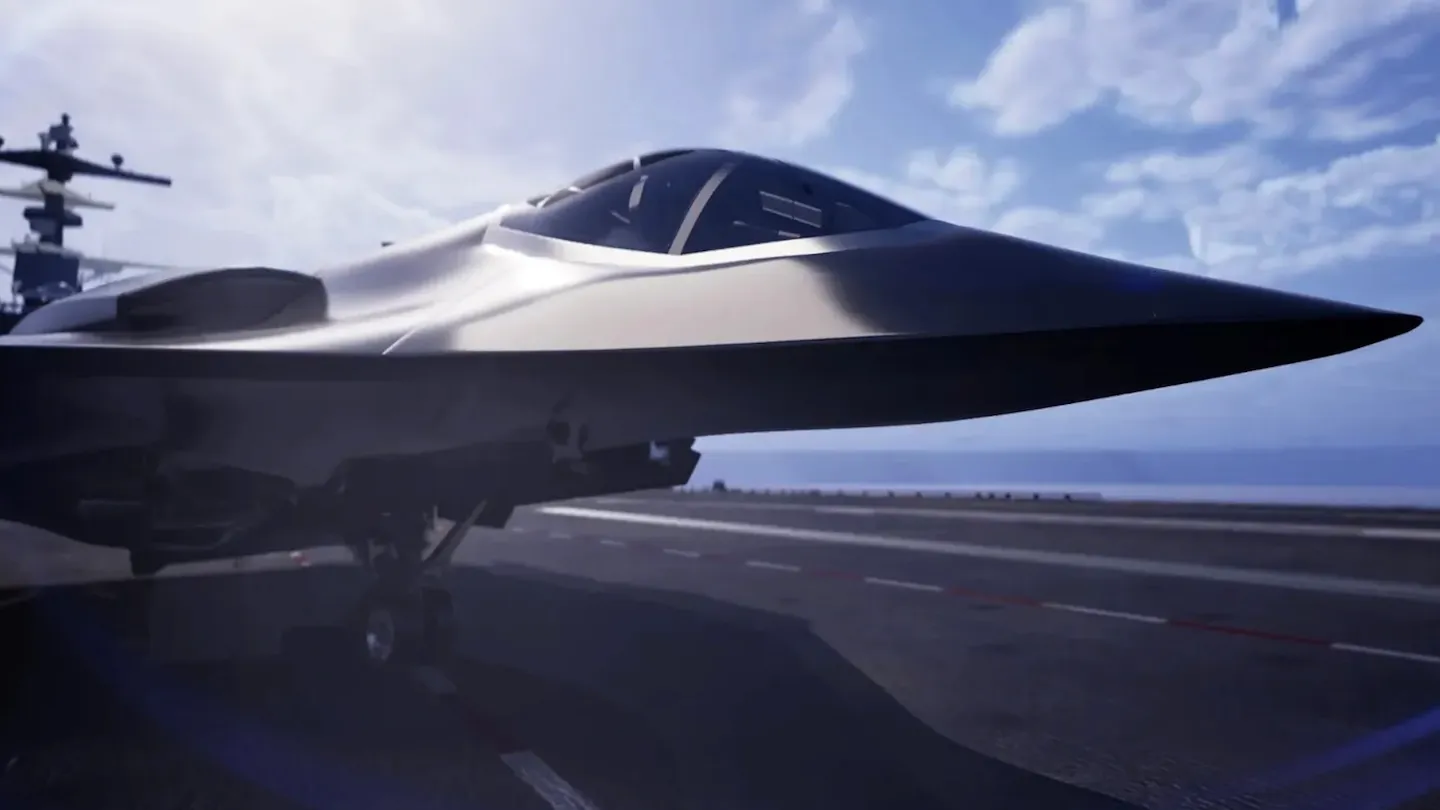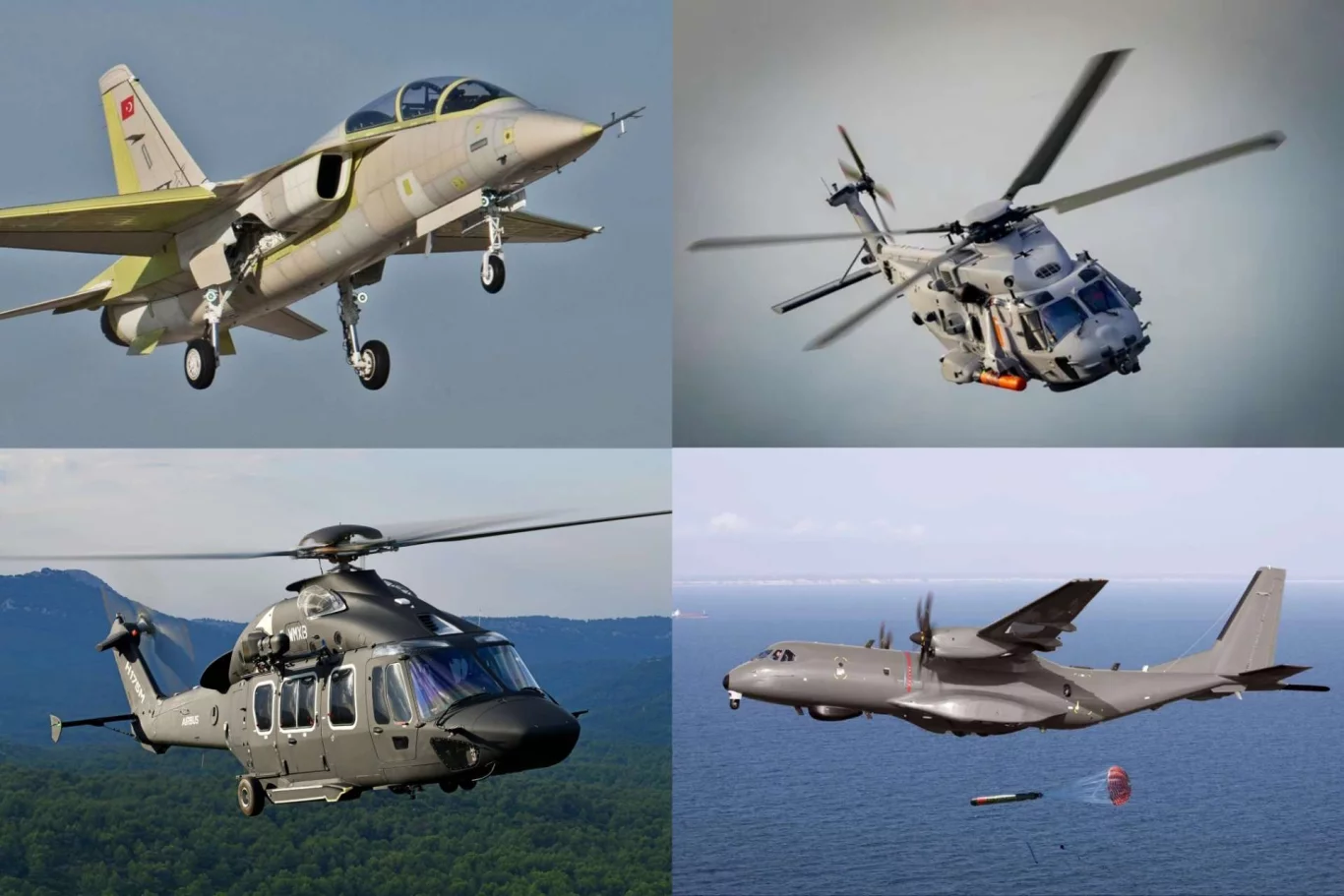In a groundbreaking move that’s set to reshape the aerial battlefield, Türkiye has inked a landmark preliminary agreement with the United Kingdom to acquire 40 cutting-edge Eurofighter Typhoon fighter jets. Announced with fanfare at the International Defence Industry Fair (IDEF) 2025 in Istanbul, this multibillion-dollar deal marks a pivotal moment for Türkiye’s air force modernization and its strategic positioning within NATO. The signing, graced by Turkish Defense Minister Yaşar Güler and UK Defense Secretary John Healey, signals a new era of defense collaboration, blending Türkiye’s ambitious military vision with Britain’s aerospace prowess.
A Strategic Alliance Takes Flight
The memorandum of understanding (MoU) signed on July 23, 2025, is more than just a contract—it’s a testament to the enduring defense partnership between Türkiye and the UK, both stalwarts of the NATO alliance. This agreement paves the way for Türkiye to join the prestigious “Typhoon club,” a group of nations wielding one of the world’s most advanced multirole combat aircraft. The Eurofighter Typhoon, a marvel of European engineering developed by a consortium including Airbus, BAE Systems, and Leonardo, promises to turbocharge Türkiye’s air capabilities amid rising regional tensions.
The deal’s significance was underscored by Güler, who hailed it as a “positive step” toward bolstering not only Türkiye’s air force but also NATO’s collective strength. Healey echoed this sentiment, emphasizing the deal’s potential to deepen bilateral ties and enhance security across Europe and the Middle East. With geopolitical hotspots like the Eastern Mediterranean and the Black Sea simmering, this acquisition is timely, positioning Türkiye as a key player in maintaining regional stability.
The Eurofighter Typhoon: A Game-Changer in the Skies
The Eurofighter Typhoon is no ordinary jet. Boasting a delta wing and canard configuration, this fourth-and-a-half-generation fighter is engineered for versatility, excelling in air-to-air combat, ground strikes, and reconnaissance missions. Powered by two Eurojet EJ200 engines, it can hit speeds of Mach 2.0 at high altitudes and Mach 1.25 at sea level, with a supercruise capability that lets it sustain Mach 1.5 without afterburners. Its advanced avionics, including the European Common Radar System (ECRS) Mk2, offer unparalleled target detection and electronic warfare prowess, making it a formidable adversary in modern battlefields.
Türkiye’s planned acquisition of 40 Typhoons—potentially including Tranche 4 models—comes with the promise of Meteor beyond-visual-range missiles, a weapon system already in use by Greece, Türkiye’s regional rival. This addition could shift the balance of power in the Aegean, where Türkiye and Greece have long vied for air superiority. The deal also opens doors for significant Turkish industrial involvement, allowing local firms to contribute to production and maintenance, a win-win for both economies and technological exchange.
Overcoming Hurdles: Germany’s Green Light and Beyond
The path to this agreement wasn’t smooth. Germany, a key Eurofighter consortium member, had previously resisted the sale due to political tensions over Türkiye’s foreign policy, including its purchase of Russian S-400 systems and human rights concerns. However, a policy shift under Germany’s new government, led by Chancellor Friedrich Merz, greenlit the export in June 2025, breaking years of deadlock. This approval, coordinated with the UK, Italy, and Spain, reflects a pragmatic approach to strengthening NATO unity amid global uncertainties.
The deal’s value is estimated at $5.6 billion, a figure that could rise as negotiations finalize pricing and technical details. For the UK, this translates to a lifeline for BAE Systems’ Warton facility, safeguarding around 20,000 jobs. Prime Minister Keir Starmer has championed the economic boost, while Türkiye sees it as a strategic hedge against delays in its F-16 acquisitions from the US and the slow rollout of its indigenous TAI Kaan fighter, expected by 2030.
A Response to Regional Rivalries
This acquisition is partly a reaction to Greece’s recent military upgrades, including French Rafale jets and a prospective F-35 order. The 12-day Israel-Iran conflict in June 2025, where air superiority proved decisive, underscored the urgency for Türkiye to modernize. With its F-16 fleet aging and its F-35 program stalled since 2019 due to the S-400 fallout, the Typhoon offers an interim solution to close a critical capability gap. The inclusion of Meteor missiles, with their 100+ kilometer range, could neutralize Greece’s edge, intensifying the Aegean arms race.
Economic and Strategic Ripple Effects
Beyond military might, the deal is a economic shot in the arm. The UK’s defense industry stands to gain massively, with BAE Systems leading the charge in final assembly. For Türkiye, the agreement could pave the way for technology transfers, bolstering its defense sector and reducing reliance on US platforms. However, the deal has raised eyebrows in Israel, which fears a strengthened Turkish air force could complicate Middle Eastern dynamics, and in the US, where F-16 negotiations continue.
The Road Ahead: Challenges and Opportunities
While the MoU is a major milestone, the journey to a full agreement is fraught with challenges. Pricing disputes, technical configurations, and political sensitivities—especially with Germany’s fluctuating stance—could delay progress. Türkiye’s parallel pursuit of 40 F-16 Block 70s from the US adds complexity, as Ankara balances its transatlantic and European partnerships. Meanwhile, the TAI Kaan’s development offers a long-term vision, but the Typhoon deal ensures immediate readiness.
Delivery timelines suggest the first jets could arrive by 2026, with full operational capability by 2030, aligning with Türkiye’s goal to counter emerging threats from Russia, Iran, and non-state actors. The deal also complements Türkiye’s growing drone fleet, like the ANKA-3 and Bayraktar Kizilelma, creating a hybrid air force that blends manned and unmanned assets.
A New Chapter for NATO and Beyond
This deal isn’t just about Türkiye—it’s a boost for NATO’s southern flank. A modernized Turkish Air Force enhances the alliance’s deterrence posture, particularly as Russia’s influence looms large. For President Recep Tayyip Erdoğan, it’s a diplomatic coup, reinforcing Türkiye’s clout while navigating sanctions and regional rivalries. As negotiations unfold over the coming weeks, the world watches to see if this partnership will soar to new heights or face turbulence ahead.
Stay tuned as Türkiye’s skies transform with the roar of the Eurofighter Typhoon, a symbol of ambition, innovation, and strategic mastery!




